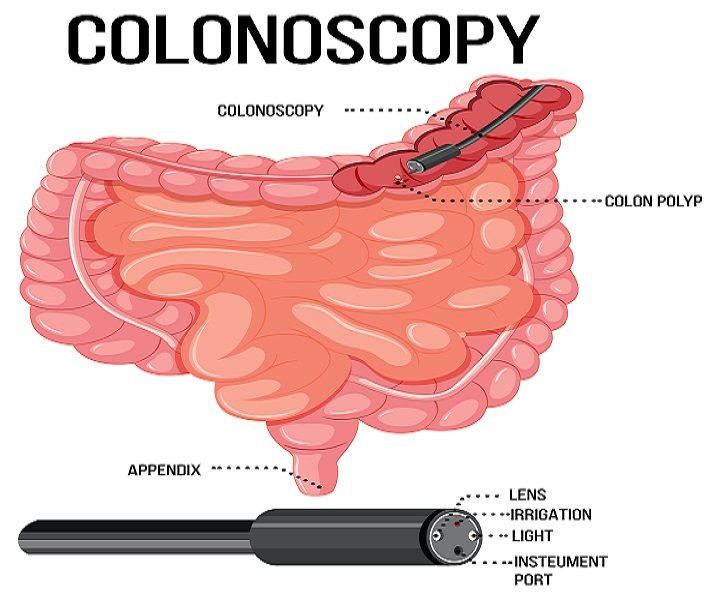What Is the Right Time to Consider Colonoscopy Screening?
Your life's journey consists of numerous milestones—some joyous, others less so. But there are certain paths you can't avoid, like the one leading toward safeguarding your health. Amid your busy life, it's easy to sideline important but seemingly less urgent tasks such as health screenings. However, as you approach your late 40s or early 50s, you ought to consider one medical evaluation that stands apart in its ability not just to detect but even prevent a deadly form of cancer. Yes, we're talking about colonoscopy screening.
The Changing Landscape of Screening Advice
While general guidelines have consistently advised people to undergo cancer screening past a certain age, newer research suggests an earlier intervention could be more beneficial. It's no longer just about age; risk factors like family history and ethnicity also play a significant role. So, medical professionals are now leaning toward earlier and more frequent screenings for certain populations to catch the disease in its nascent stages.
Rationale for an Early Start
When it comes to colon cancer, time is of the essence. Advancements in medical science have shown that early detection significantly boosts the odds of survival. Previously, the recommended age for screening was 50 for most individuals. But now, experts recommend beginning as early as 45, especially for those with a family history of colon cancer or other risk factors such as obesity or smoking.
An Array of Screening Options
Choosing the right screening test can be confusing. The medical community offers a range of options, from stool tests to CT scans. Each method has its merits, but one technique outshines the rest for its comprehensive approach toward detection and prevention.
The Role of Stool Tests in Screening
Stool tests offer a less invasive alternative for those apprehensive about undergoing a colonoscopy. While not as comprehensive, these tests can detect specific markers or hidden blood in the stool, indicators of possible colon cancer. If the test returns a positive result, a follow-up colon cancer screening is generally recommended for a more thorough examination.
The Importance of Colonoscopy Screening
Among the various methods available, colonoscopy screening is the gold standard. It offers a two-in-one benefit—detecting existing cancer and removing polyps that are precursors to cancer. This dual action makes it an extremely effective tool for both identifying and preventing the onset of colon cancer.
Why Colonoscopy Steals the Show
Colonoscopy screening method isn't just about looking for cancer; it's about taking immediate action. The procedure allows for the removal of abnormal growths known as polyps during the screening itself. These polyps could develop into cancer over time, so their timely removal is a preventive measure. In addition, the thoroughness of a colonoscopy ensures that even the smallest signs are not missed, thereby offering a higher chance of full recovery when done at the appropriate time.
Final Words to Secure Your Health with Screening
The road to maintaining your health isn't always straightforward, but sometimes, simple decisions can have monumental impacts. When it comes to guarding against colon cancer, colonoscopy screening stands as a cornerstone. It's more than a diagnostic procedure; it's a preemptive strike against a disease that can be unforgiving if left unchecked. In the ever-evolving field of healthcare, some truths remain constant—early detection is your best defense. Don't delay this crucial screening any longer. Schedule your appointment today with Screen The City, and take a definitive step toward ensuring a healthier, more secure future.
**Disclaimer: This blog content does not intend to offer a doctor’s advice and mentions no relationship between any patient and the care provider.

